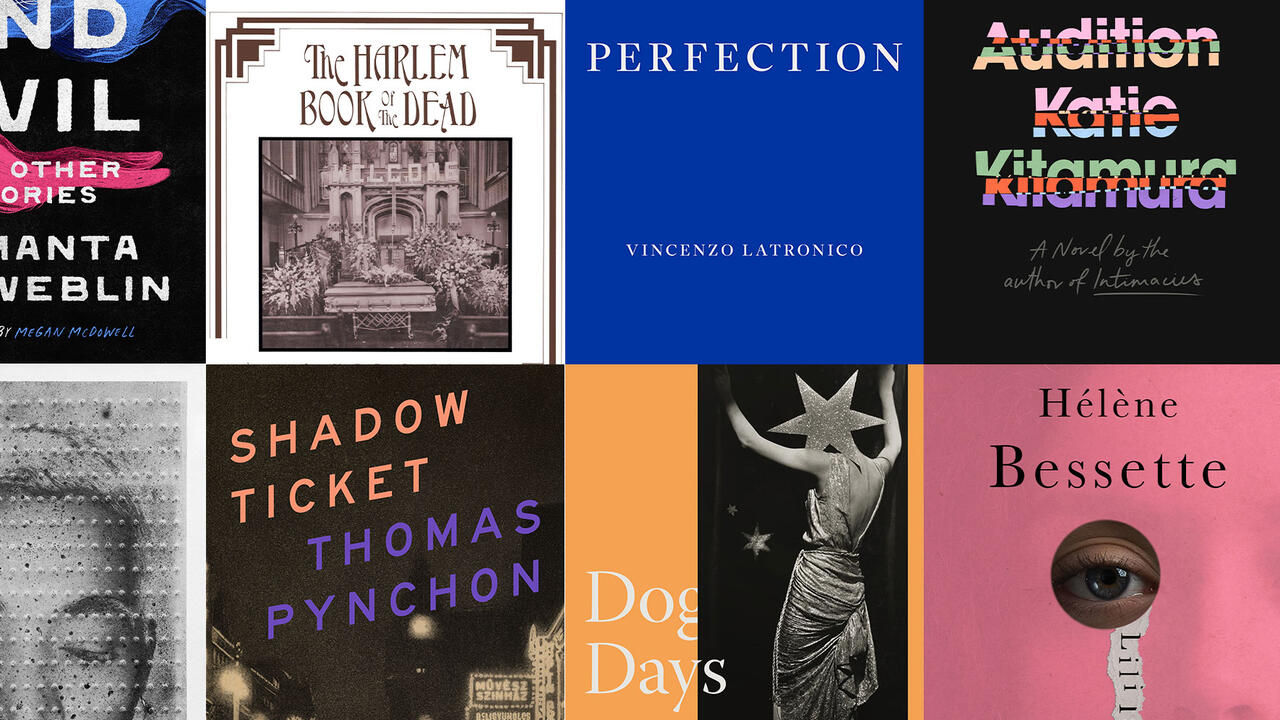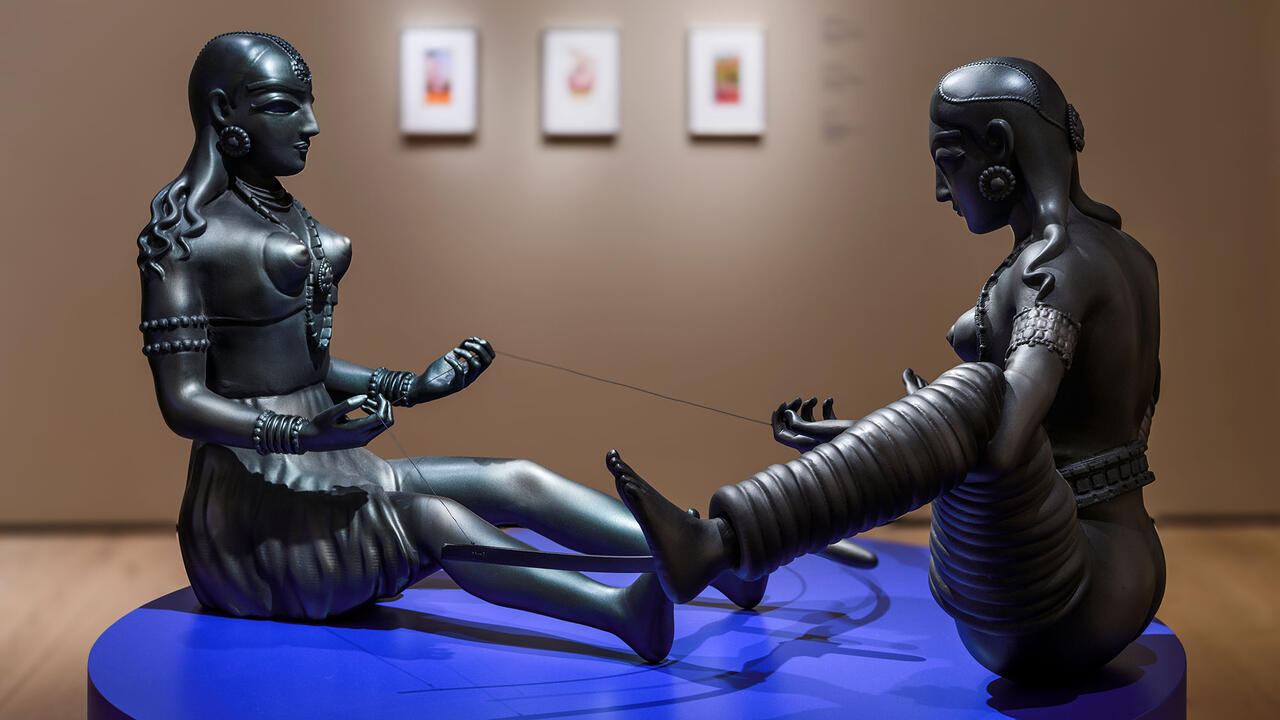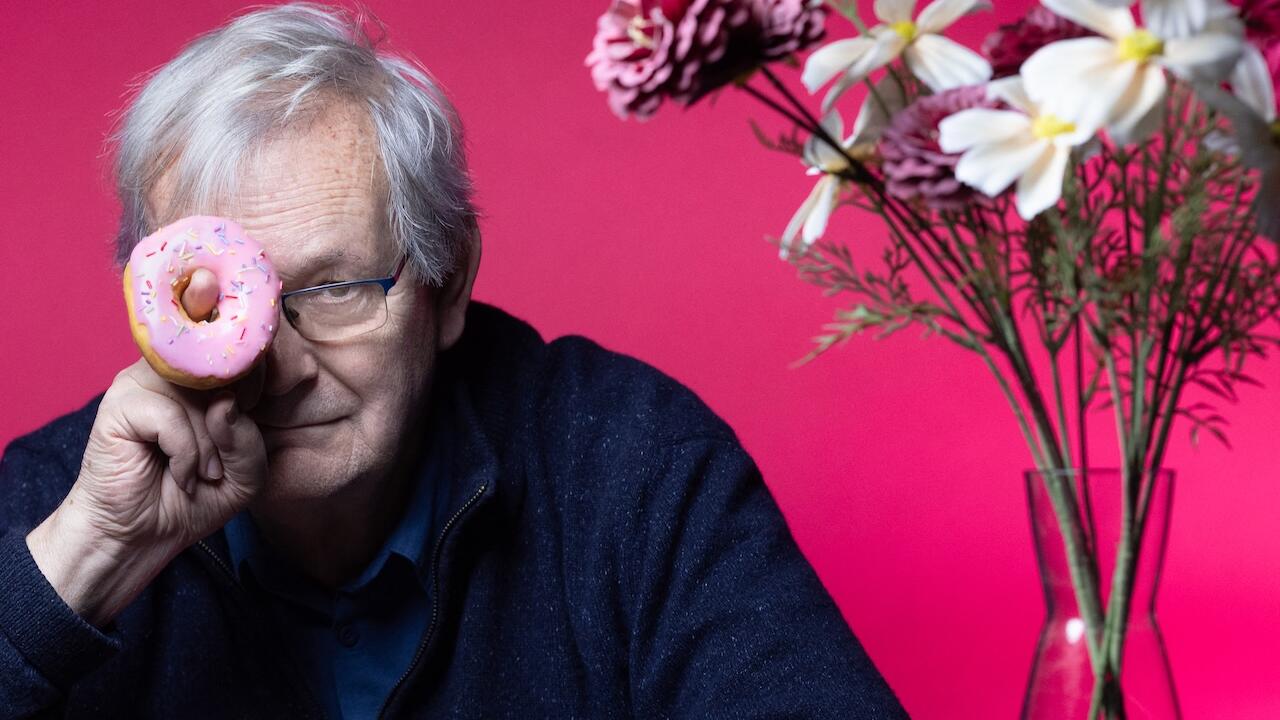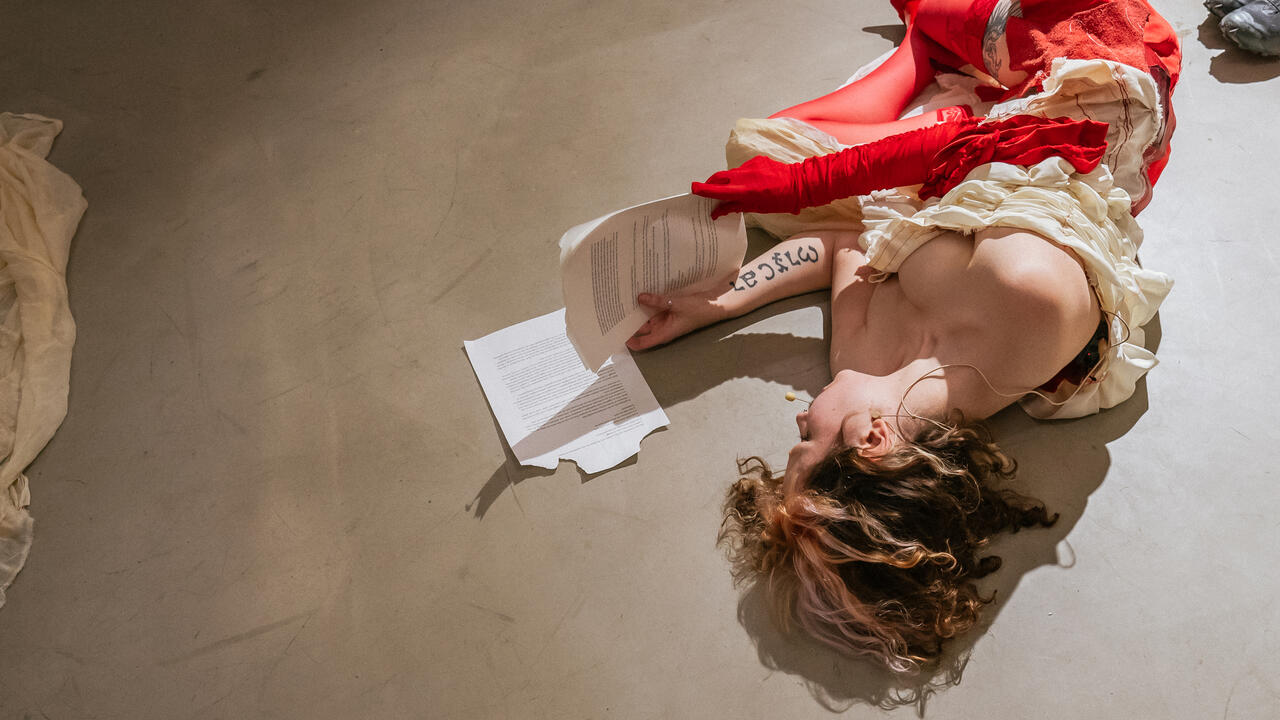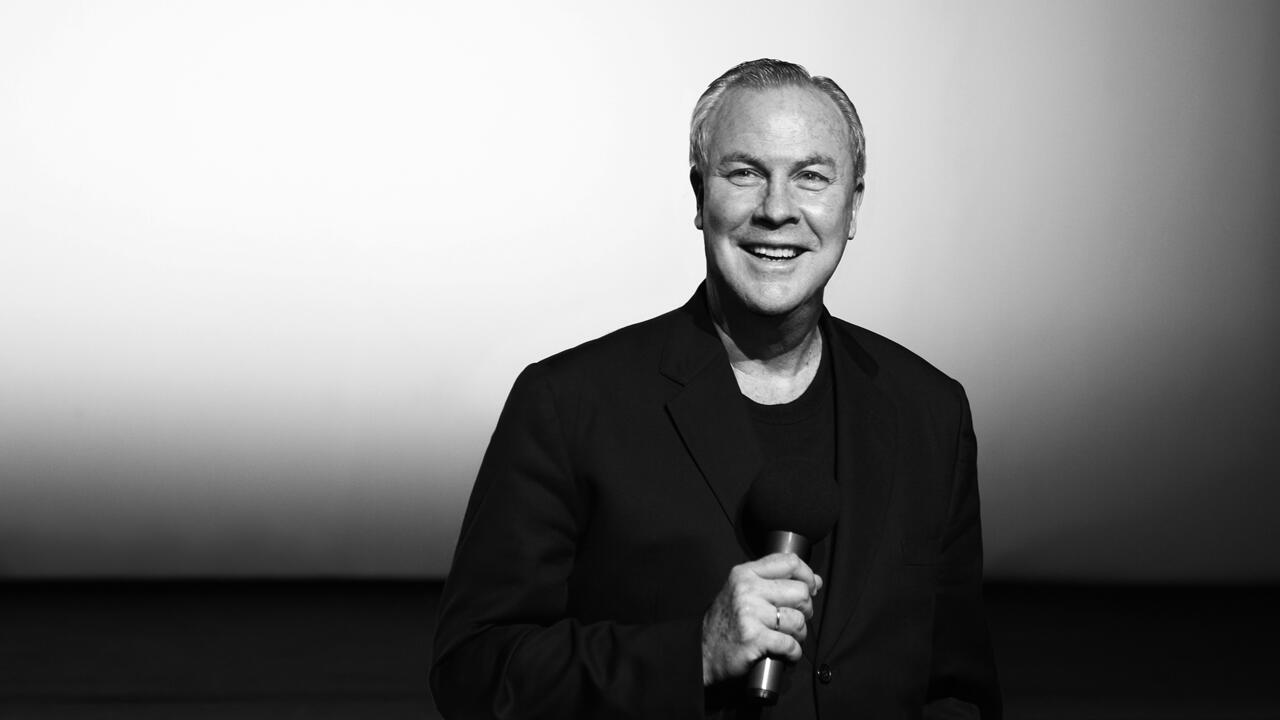An Ode to Paul O’Grady and Lily Savage (1955–2023)
Author Nick Blackburn on the sudden loss of the British drag icon and gay rights activist
Author Nick Blackburn on the sudden loss of the British drag icon and gay rights activist

Paul O’Grady, who passed away on 28 March, was an actor, comedian, television performer and writer, best known for his drag alter ego, Lily Savage. With a wardrobe of animal prints and a blonde updo that would give Marie Antoinette a run for her money, Savage started life on the UK club circuit before becoming a mainstay on popular television programmes such as This Morning (1988-–ongoing) and Blankety Blank (1979–ongoing). In the mid-2000s, O’Grady ‘retired’ Savage, moving on to present the hugely successful Paul O’Grady Live and The Paul O’Grady Show (2004–11) in plain clothes. He is largely credited with helping to bring gay culture into the mainstream. Here, Nick Blackburn remembers O’Grady and Savage’s contributions to the LGBTQI+ community.

Drag is about rupture: that’s what the fuss is always about. When Queens, Kings and Things take the stage, we see what it is to be ripped away from our identities, our borders, our prisons. We just lost one of our best and dearest: our Mersey Marlene, the ‘blonde bombsite’ Lily Savage, not so often seen these days, and the wise-and-crackling, silver-tongued powerhouse that birthed her, Paul O’Grady. He is survived by his husband, André Portasio; a loving, grieving community of family and friends; and by each one of us, who must now live in a colder, quieter and more boring world.
Sixty-seven is no age to die these days, but what a life it must have been.
O’Grady was born in Tranmere, Birkenhead, across the river from Liverpool’s Royal Albert Dock where, years later, we tune in to find Savage one windy, live-broadcast day in 1994 on This Morning, with hosts Richard and Judy, and a drinks connoisseur. ‘What’s in it? It’s disgusting!’ she says after trying a French beer. ‘It tastes like something you’d put in a cat-litter tray to get rid of the smell.’ That was her power, wasn’t it? Like the high you get from a recently bleached floor.

Insert 80,000-word section here on O’Grady’s early London life as a care officer for Camden Council: quiet, saintly work, which I expect was done neither quietly nor with the dignity of a saint, though perhaps with the patience of one, and the generosity. ‘You never finish the job,’ he told The Guardian in 2017. ‘You go back after work with your two-bar fire.’ But, would I? Would you?
I spent a lot of the 2010s at London’s storied gay entertainment venue, the Royal Vauxhall Tavern – where O’Grady had an eight-year residency in the 1980s – while I was training to be a psychotherapist, producing and otherwise wrangling our other fiery queer saint, David Hoyle. You don’t walk in the footsteps of people at the Tavern, you keep your eyes on the road, but Savage is in the fabric of the place, and she is woven into the work of everyone who sat quaking under her gaze. I think there is as much to learn from O’Grady for a therapist as there is for a performer: how to cut through things without hurting; he’ll show you how to be real.
Pan camera to take in the early live drag acts (The Glamazons, The Playgirls) and cheap lodgings in London (Camden, Purley). Midshot on O’Grady persuading the landlord to let Savage and Sandra Hush perform the lunchtime jackal’s graveyard set of a Leeds pub to a sparse crowd expecting strippers. A set which opened with a recording of Ted Snyder’s ‘Who’s Sorry Now’ (1923) and ended with a table upturned (by Hush) and glass everywhere. This is a pipeline into the highest heights of television that one might not wish on one’s worst enemy, but we are the poorer now that the pipeline’s closed down. Who’s sorry now?
O’Grady had a rarely matched knack of costuming the political in a blur of irony: very few broadcasters could do what he achieved, in plainclothes on Paul O’Grady Live (2010–11) with hardly a catch-me-if-you-can twinkle. Listen to him on the UK’s 2010 austerity budget, the student protests – speaking assuredly to a vast audience. This is extraordinary, difficult work and he made it so easy. The razor still glinted two years ago in another interview with The Guardian: Q. Which living person do you most despise and why? A. Every single stinking member of this lying, self-serving government.

Shall we tour a legend or two? The socials are awash with them this morning. None more so than the story of the infamous ‘poppers raid’ on the Tavern. It is 1987, the height of the AIDS crisis in the UK, the year after Greater Manchester Police Chief Sir James Anderton describes homosexuals as ‘swirling around in a cesspit of their own making’. We are a moment or two from the River Thames; Savage is getting ready for the late show in that priest-box cosy dressing room next to the stage. There is a policeman in the dressing room, who she obviously thinks is a stripper. We hear the anger echo years later in O’Grady’s voice, see it play around his mouth. ‘The police were extremely aggressive,’ he recalls in a 2021 interview with the Peter Tatchell Foundation about the raid, ‘tables and chairs were going over […] people were scared’. The police are all wearing rubber gloves (think biohazard). Fast as lightning, astringent as bleach, our Lil’s voice from the stage: ‘Oh good! Have you come to do the washing up?’

When a drag act dies, they become part of the masonry, bricks in a stone wall. The wall is holding this morning; the Tavern is scaffolded and standing tall. Not bad for a million-year-old pub on a roundabout, where the first humans donned acrylic nails.
I left some flowers there for you, Lily Savage; that smell really gets in your nose. God love you babe, you did great. You won.
Main image: Lily Savage in 'Snow White And The Seven Dwarfs', 2004. Courtesy: Gareth Cattermole / Getty Images


